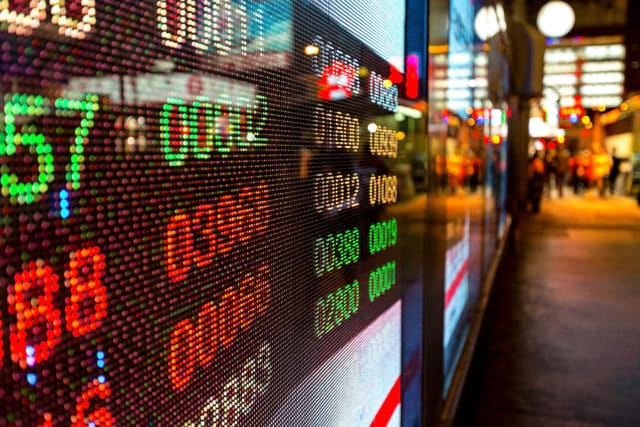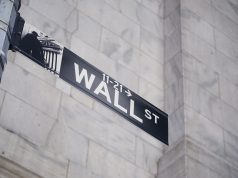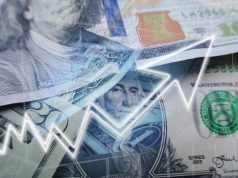The Chinese and U.S. securities exchanges are going in inverse headings.
A heightening crackdown against use in Asia’s greatest economy has shaken the here to unflappable Shanghai Composite Index over the previous week, sending it to a three-month low last session. In the U.S., the biggest value market is grasping a hazard rally prodded by the French race, with the S&P 500 Index proceeding to expand on reflation-exchange increases touched off by Donald Trump’s November triumph.
The difference implies the two markets are the minimum in order since August 2008 – just before the fall of Lehman Brothers Holdings Inc. unleashed tumult on the worldwide money related framework.
Chinese authorities have primarily kept territory stocks on a tight get control after defeats over mid-2015 and the beginning of 2016 resonated through world monetary markets. Until Monday’s 1.4 percent droop, the Shanghai Composite Index hadn’t fallen more than 1 percent for 86 exchanging days.
As Beijing’s attention on diminishing danger in the budgetary framework moved from currency showcase fixing and lessening influence to containing theory and unpredictable exchanging, the two markets beginning moving in inverse bearings in the previous month.
The most recent stride by authorities is focused at depended speculations – read more about the deleveraging endeavors here.
In one sense, it’s an indication that financial specialists abroad aren’t as stressed over Chinese market ructions as they were in earlier years – maybe mostly on account of basic quality in China’s economy. Given how territory stocks have turned out to be progressively connected to worldwide markets, be that as it may, the disparity may end up being to be a transient wonder, as per Daniel So, a strategist at CMB International Securities Ltd. in Hong Kong.
Until further notice, the split with the U.S. is especially set apart, with the Shanghai Composite’s 30-day connection with the Bank of New York Mellon file of Chinese American safe receipts moving toward zero. The Chinese ADR advertise – ruled by innovation organizations like Alibaba Group Holding Ltd. – has climbed 8.6 percent since Trump was chosen U.S. president, while the state-organization drove Shanghai Composite is down 0.6 percent.
China’s deleveraging drive and the recharged concentrate on market inconsistencies have put the territory share showcase into an “awful temperament,” yet authorities aren’t probably going to endure a great deal of insecurity in front of the Communist Party’s twice 10 years administration reshuffle in the not so distant future, said George Magnus, a previous guide to UBS Group AG and current partner at the University of Oxford’s China Center.
For whatever length of time that development stays stable, however, the administrative moves may proceed. That would be useful for the economy over the more drawn out term, said Alex Wolf, a Hong Kong-based senior developing markets business analyst at Standard Life Investments Ltd.
Two months prior, Chinese markets were a photo of quiet, with terrain stock unpredictability close to the least since 2014 and security yields falling as currency market rates died down. Tuesday, the Shanghai Composite shut everything down than 0.2 percent, in the wake of sinking 2.3 percent a week ago.
For Adrian Zuercher, head of Asia Pacific resource designation at UBS’s private keeping money arm in Hong Kong, the weaker connection between Chinese shares and different markets is something to be thankful for, and is probably going to end up plainly more checked.
Every one of these directions that are occurring are done in a way that ought to make China less unsafe. The economy is on a strong balance and that is the reason they can do a portion of the measures. We will presumably observe more worldwide financial specialists coming into China on the settled salary and value side.
To conclude, here are some facts about the stock market provided by Seeking Alpha. The oldest stock exchange in the world started in Antwerp, Belgium, in 1460. The oldest stock exchange in the United States opened in Philadelphia, in 1790. Wall Street was laid out behind a 12-foot-high wood stockade across lower Manhattan in 1685. The stockade was built to protect the Dutch settlers from British and Native American attacks. The first company listed on the New York Stock Exchange was, the Bank of New York, in 1792.The highest price paid for a seat on the NYSE was $2,650,000, in 1999. The lowest price paid for a seat, was $4,000, in 1876.










